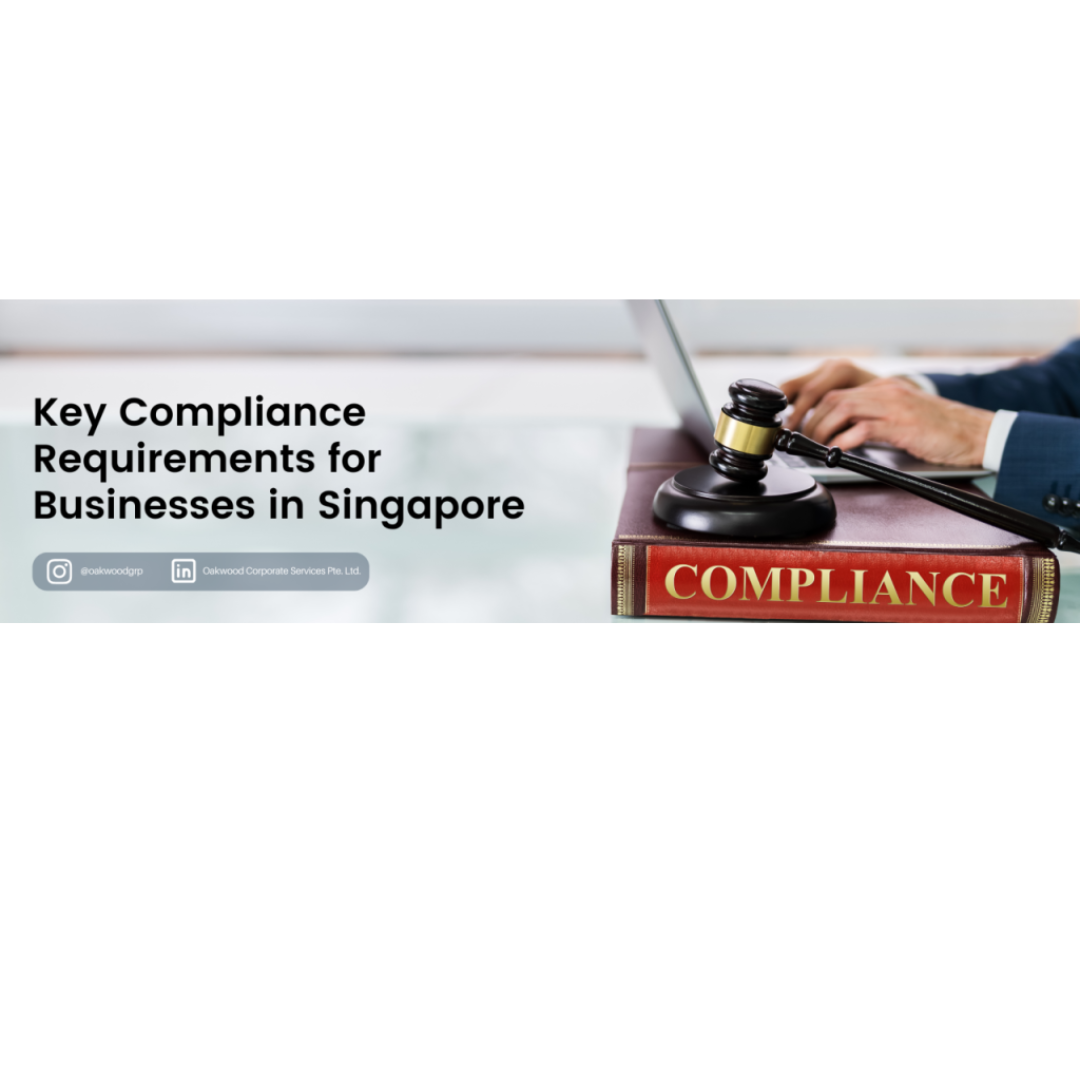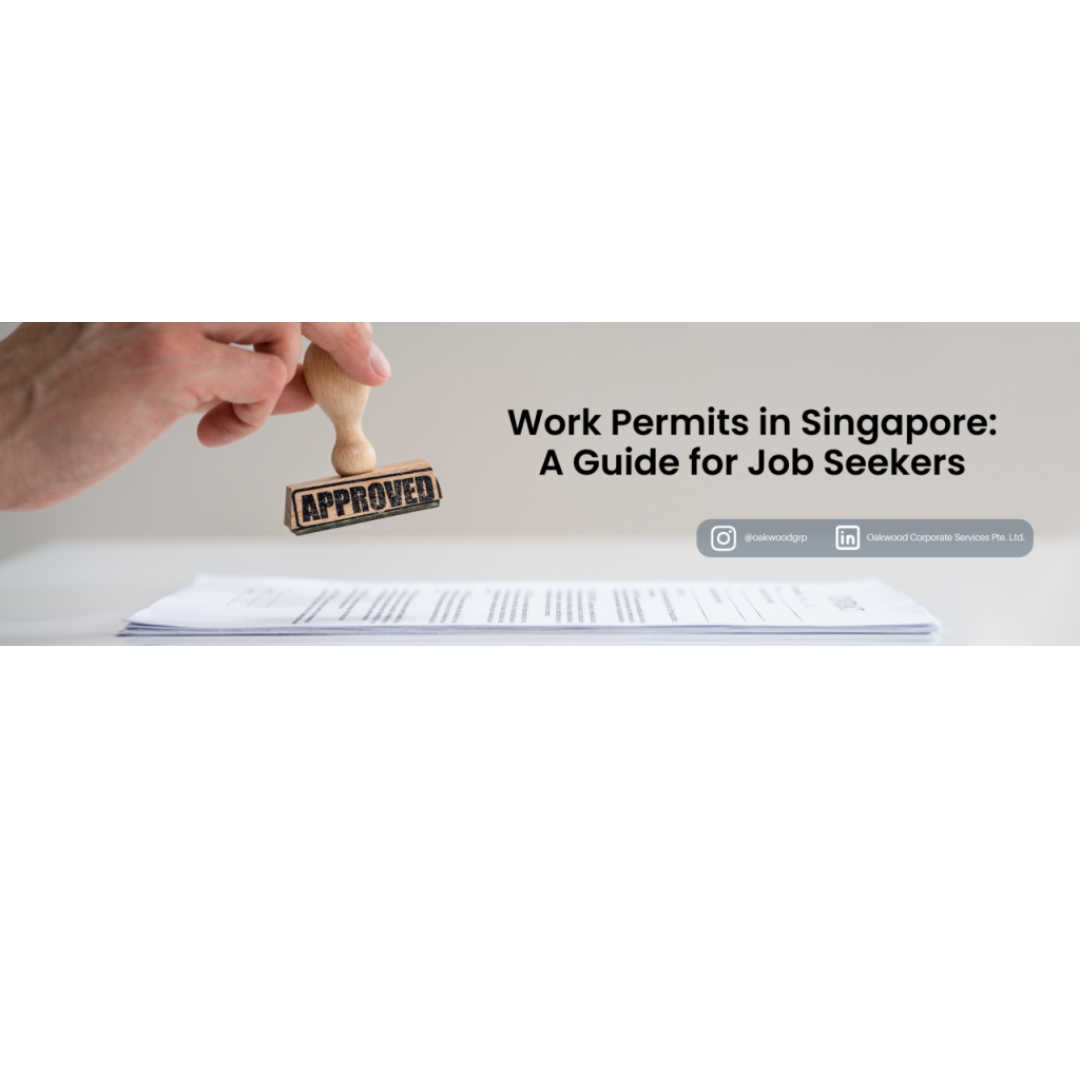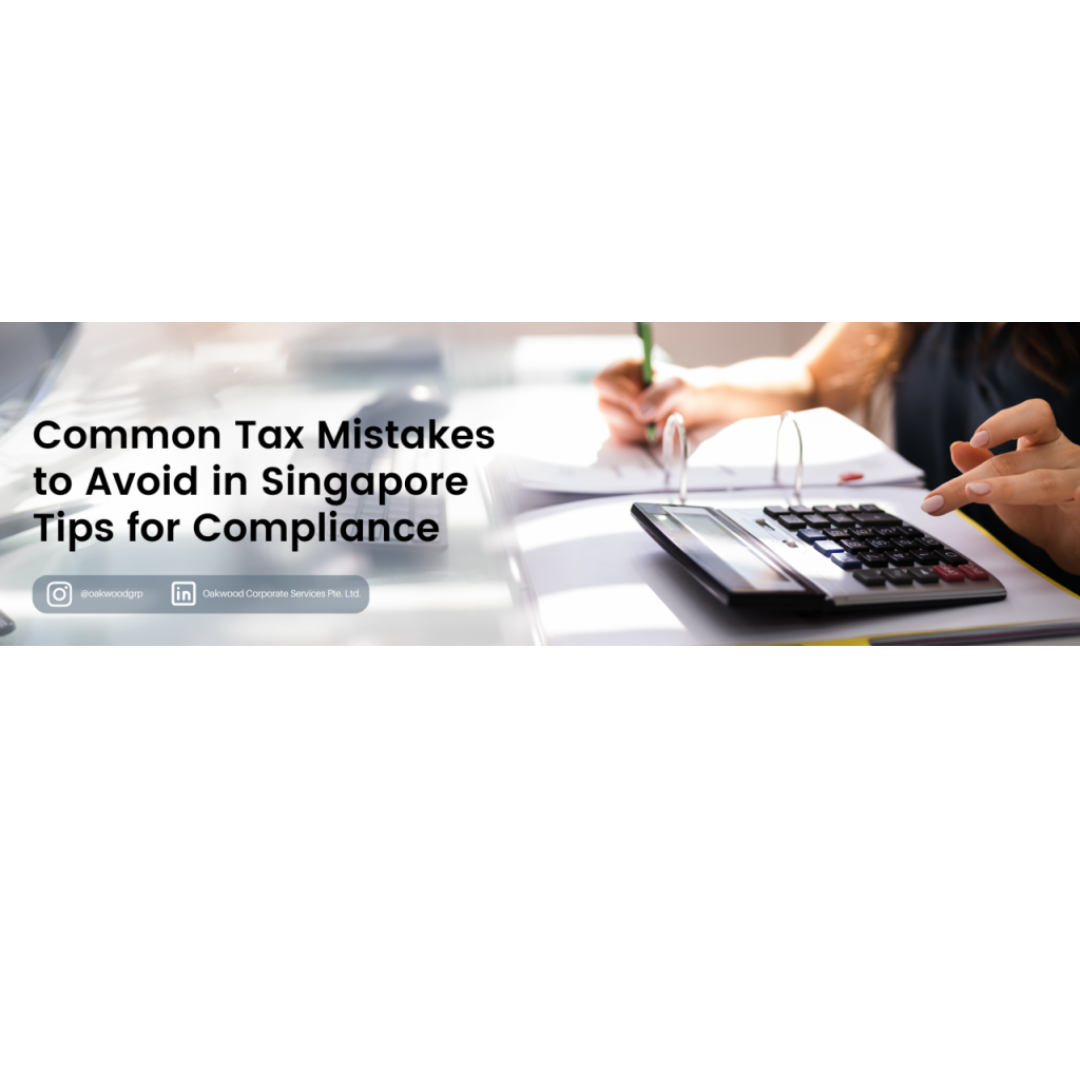
Key Compliance Requirements for Businesses in Singapore
Singapore has a reputation for being a well-regulated and transparent business destination, with laws and regulations in place to ensure fair competition, protect investors’ interests, and uphold ethical business practices. By adhering to these requirements, companies can not only avoid costly legal repercussions, but also build a strong foundation for sustainable success in the market.

Listed below are some legal compliances you need if you think of setting up shop in Singapore.
Company Registration and Structure
The first and most fundamental compliance requirement for businesses in Singapore is company registration. A company registered in Singapore needs to have a registered address in the country, to which all official communications may be sent. This must be a physical location and must be open to the public for at least 3 hours every business day.
However, there is also a virtual office option for companies not owning properties in Singapore.
Employment Laws
Singapore places great importance on its workforce, and thus, businesses are required to comply with various employment laws and regulations. This includes adhering to fair employment practices, providing mandatory benefits to employees, and ensuring compliance with the Employment Act, which governs the basic terms and conditions of employment.
Resident Director and Company Secretary
A company must have at least one director residing in Singapore. He/she must be 18 years of age minimum, not declared bankrupt, not charged of misconduct, also physically and mentally fit to perform the tasks.
Plus, a company operating in Singapore must appoint at least one company secretary, who is resident in Singapore. His/her task consists of compliance of regulatory and reporting requirements in Singapore and cannot be left vacant for more than 6 months.
Taxation and Financial Reporting
Singapore offers an attractive corporate tax rate, but companies must meet their tax obligations promptly. This involves accurate financial reporting, filing annual tax returns, and compliance with Goods and Services Tax (GST) regulations for businesses that meet the GST registration threshold. Engaging the services of a qualified accountant or tax advisor is advisable to ensure compliance with tax laws.
Corporate tax must be filed annually by 15 December (if filing online) or 30 November (if filling physically).
Data Protection
In an increasingly digital world, data protection is paramount. Businesses in Singapore must adhere to the Personal Data Protection Act (PDPA), which governs the collection, use, and disclosure of personal data. To comply with PDPA, a company must appoint one Data Protection Officer.
Anti-Money Laundering (AML) and Countering the Financing of Terrorism (CFT)
Singapore has stringent AML and CFT regulations to combat money laundering and terrorist financing activities. Companies are required to conduct customer due diligence, report suspicious transactions, and implement internal controls to prevent illicit financial activities.
Licensing and Permits
Depending on the nature of the business, companies may require specific licenses or permits to operate legally in Singapore. It is essential to identify and obtain the necessary licenses before commencing operations.
Conclusion
By familiarizing yourselves with these key compliance requirements, you can navigate the process of business set-up in Singapore more effectively. Embracing a culture of compliance not only mitigates legal risks but also demonstrates a commitment to responsible and ethical business practices, laying the groundwork for long-term success in the dynamic Singaporean market.



